1. Nickelback
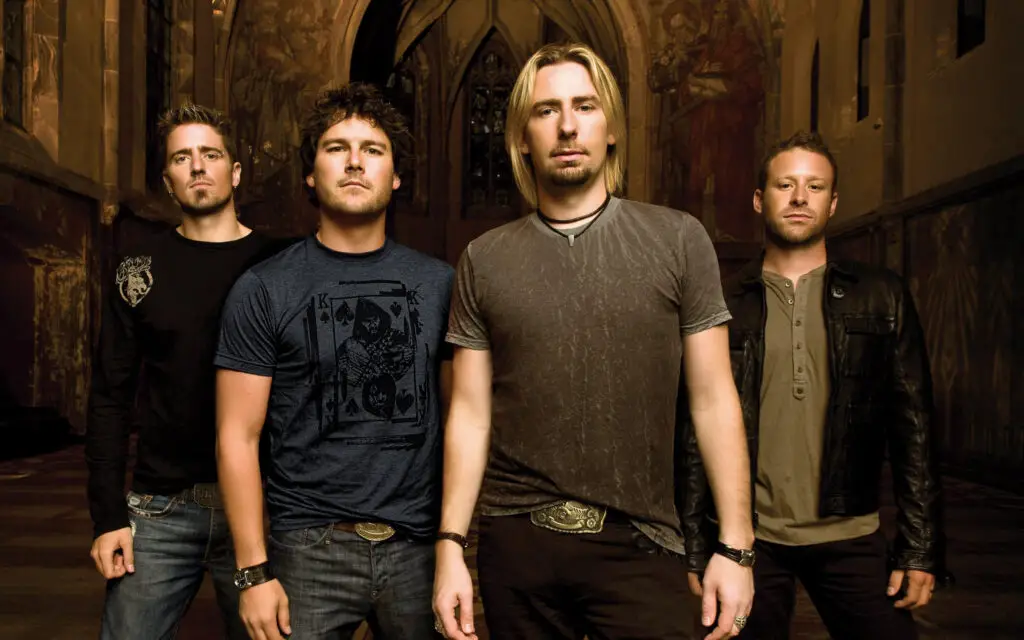
Nickelback is practically the poster child for hated rock bands, according to Elamin Abdelmahmoud from BuzzFeed. Despite selling over 50 million albums worldwide, they’ve been mocked endlessly for their generic lyrics and formulaic sound. Critics and fans alike have accused them of making music that’s more corporate product than artistic expression. The band’s consistency might be their biggest crime — they never really evolved.
But while the hate has been loud, their fan base is surprisingly loyal. Nickelback’s commercial success, especially in the 2000s, proves that someone out there loves what they do. Still, their name has become shorthand for “bad rock band,” regardless of actual merit. They’re more of a punchline than a band in many pop culture circles.
2. Creed
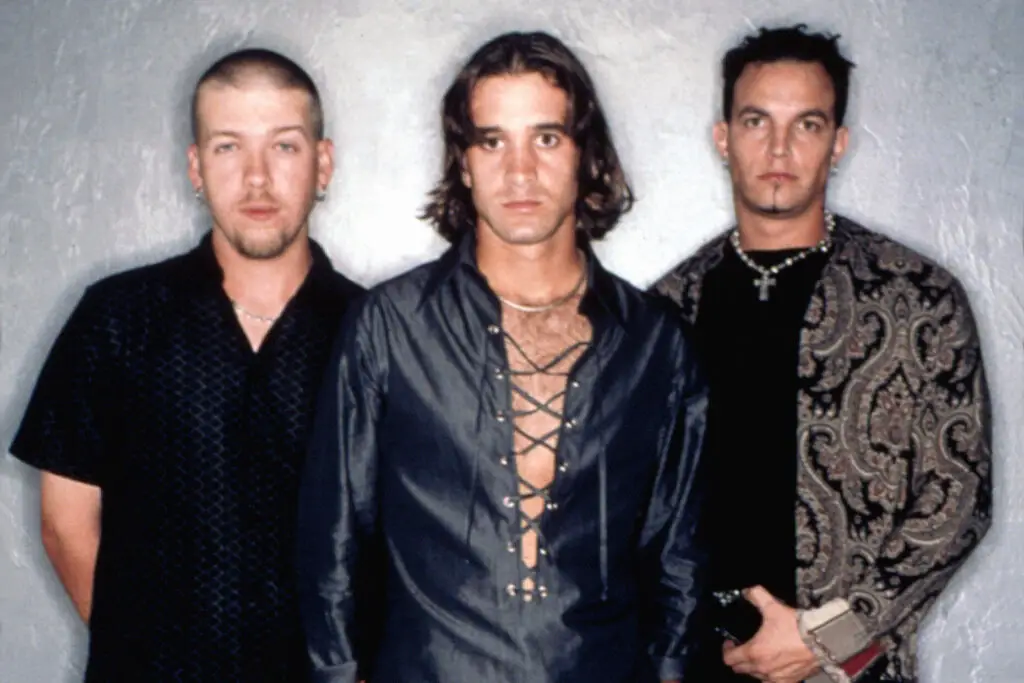
Creed had anthemic hits like “With Arms Wide Open,” but their blend of post-grunge and Christian rock vibes rubbed many the wrong way, according to Tim Coffman from Far Out Magazine. Lead singer Scott Stapp’s overly earnest vocals and spiritual themes felt heavy-handed to some listeners. They became the soundtrack for a certain brand of self-serious masculinity that critics just couldn’t stomach. The band’s theatrical style made it easy to parody.
They weren’t helped by Stapp’s offstage behavior either. Public feuds, erratic behavior, and a bizarre video in which he claimed to be a CIA target didn’t do their reputation any favors. Still, they were massive in the late ‘90s and early 2000s. It’s a classic case of success breeding backlash.
3. Limp Bizkit
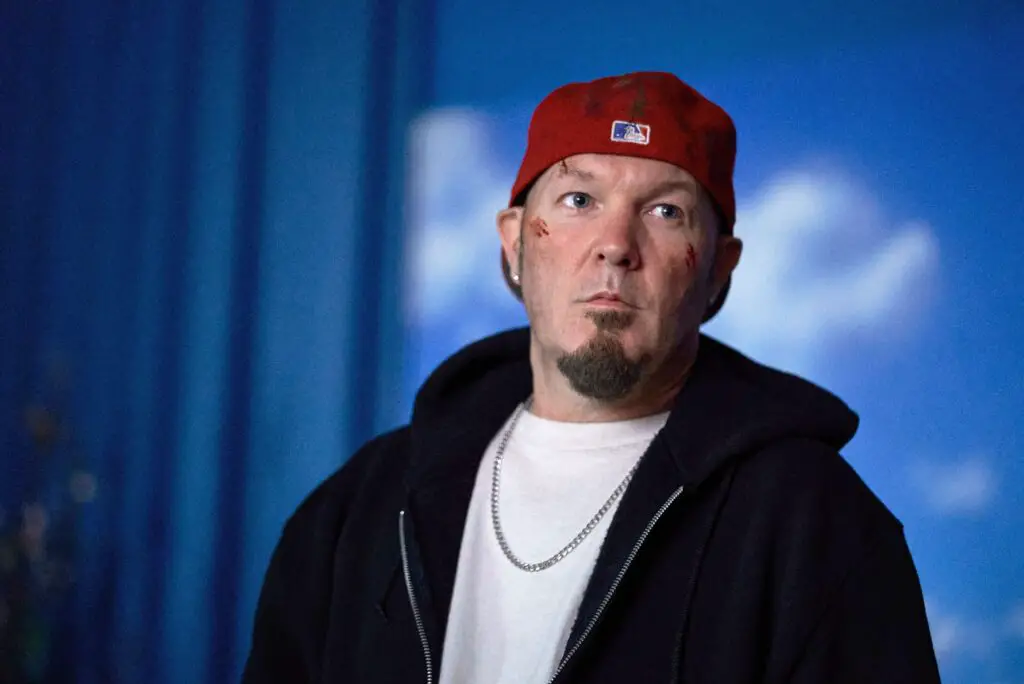
Fred Durst and crew were kings of nu-metal in the early 2000s — and also public enemy number one for rock purists, according to Niloufar Haidari from VICE. Their aggressive blend of rap and metal, plus lyrics filled with adolescent rage, made them a lightning rod. Critics accused them of being shallow, sexist, and just plain dumb. Durst’s cocky persona didn’t help matters.
Songs like “Rollin’” and “Break Stuff” were big hits, but they also became memes. The band’s appearance at Woodstock ‘99, where chaos broke out during their set, added to their villain status. Many blamed them for fueling the destructive energy of the crowd. Whether fair or not, they were scapegoats for the era’s excess.
4. Greta Van Fleet

Greta Van Fleet rose fast — and so did the criticism. They were immediately pegged as Led Zeppelin clones, with frontman Josh Kiszka’s vocals eerily similar to Robert Plant’s. Even Plant himself noted the resemblance, albeit with a smirk, according to Joe Taysom from Far Out Magazine. Critics felt the band lacked originality.
Their retro aesthetic divided listeners — some loved the throwback, others saw it as derivative. They won a Grammy, but also faced endless think pieces dissecting their lack of innovation. The band defends their influences as homage, not imitation. Still, they’ve become a flashpoint in the “is this real rock?” debate.
5. Imagine Dragons
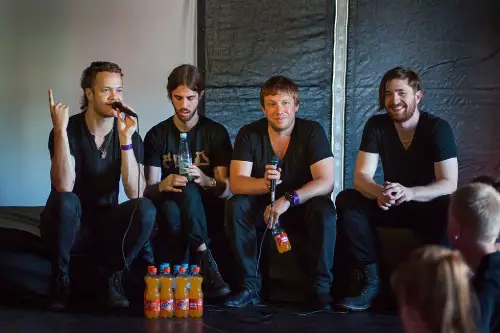
Imagine Dragons are hugely successful, but also frequently slammed for being the musical equivalent of white bread. Their anthemic, stadium-filling sound has been called soulless and overproduced. Frontman Dan Reynolds even addressed the hate publicly, admitting the criticism stings. They’re often accused of trying to be everything to everyone.
Rock critics especially dislike how the band blends EDM and rock in a way that feels designed for commercials. Tracks like “Thunder” and “Believer” are catchy, sure — but they lack edge, according to detractors. Despite winning multiple Billboard Awards, they’ve been voted “worst band” in various online polls. They’re proof that popularity doesn’t equal respect.
6. Coldplay

Coldplay started as indie darlings, but quickly became a punchline. Their emotional ballads and Chris Martin’s falsetto vocals struck many as sappy or overly sentimental. By the time Mylo Xyloto rolled around, they were being called “the new Nickelback” in some circles. Their willingness to lean into pop production didn’t help with rock fans.
Even comedians have taken shots — The Simpsons, South Park, and Family Guy have all mocked them. Despite the jokes, they’ve sold over 100 million records worldwide. They’ve also collaborated with everyone from Beyoncé to BTS. Still, for many, they’re too soft to be taken seriously.
7. The Eagles
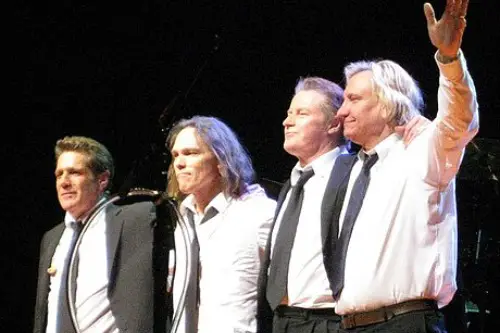
For a band with such massive success, The Eagles have always had their share of haters. Their smooth, polished sound rubbed many the wrong way, especially in the punk and alt-rock communities. Even music critics in the ’70s often found them too calculated and commercial. They became emblematic of what was wrong with mainstream rock.
The Big Lebowski famously used the line “I hate the f***ing Eagles, man,” which summed up the attitude of many. Internal band drama and breakups added to their controversial reputation. Don Henley and Glenn Frey were known for their egos, and it showed. Still, songs like “Hotel California” are undeniable classics.
8. KISS
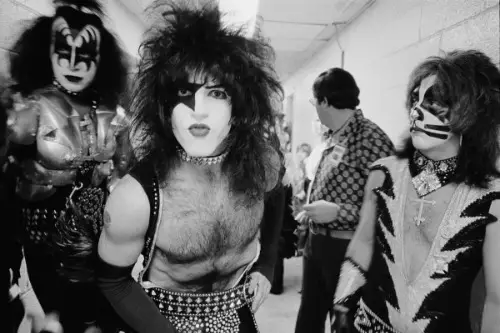
KISS built their empire on face paint, fire, and merch — not exactly critical darlings. Many rock purists saw them as all show, no substance. Their music was often overshadowed by the spectacle of their concerts. Some critics even dismissed them as a gimmick.
Gene Simmons’ relentless branding and controversial statements only fueled the fire. From comic books to coffins, KISS was everywhere, and that rubbed some people the wrong way. Yet their influence on stagecraft and rock theatrics is huge. They’re a love-’em-or-hate-’em kind of band.
9. Maroon 5
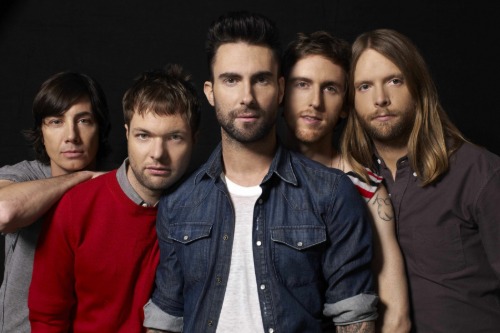
Maroon 5 started as a funk-influenced pop-rock band, but their evolution toward glossy pop lost them many fans. Critics argue they sold out artistically, especially after their third album. Songs became more about chart success than musical exploration. Adam Levine’s “rock star” image hasn’t aged well either.
Their appearances on The Voice and at major events like the Super Bowl halftime show only increased the backlash. Rock fans see them as the kind of band that’s “technically” rock but lacks soul. Levine’s high-profile celebrity life didn’t help them feel relatable. Despite this, they remain chart-toppers.
10. Bon Jovi

Bon Jovi’s hair-metal anthems defined the ‘80s, but also made them a frequent target of mockery. Songs like “Livin’ on a Prayer” are beloved — but their music is seen as cheesy by many critics. Jon Bon Jovi’s clean-cut image clashed with the grittier rock scene. They were more arena pop than rock rebels.
As grunge took over in the ‘90s, Bon Jovi’s style felt outdated. They tried to adapt, but many saw them as trying too hard. They’ve stayed active and successful, but never really shook their reputation. It’s the price of being a band that’s both loved and loathed.
11. U2

You’d think one of the biggest rock bands in the world would be universally loved, but U2 found a way to annoy just about everyone. Their 2014 Apple album drop — which automatically installed “Songs of Innocence” on users’ devices — triggered major backlash. It was seen as invasive and presumptuous. Bono later apologized, but the damage was done.
Even before that, Bono’s holier-than-thou image and political grandstanding turned many off. Critics often target the band’s later work as overblown and self-important. Yet despite the criticism, U2 has remained relevant for decades. Their longevity is both their blessing and their curse.
12. Guns N’ Roses
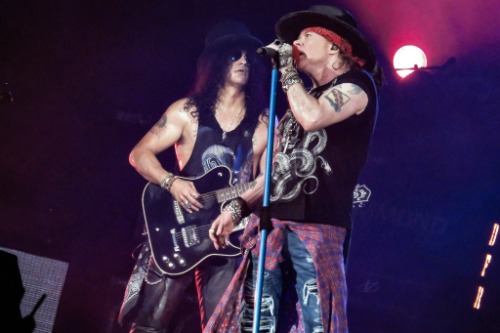
Guns N’ Roses were dangerous, loud, and massively successful — but also deeply polarizing. Axl Rose’s erratic behavior, late concerts, and public feuds made them infamous. While Appetite for Destruction is widely praised, their later work was more bloated and less consistent. Chinese Democracy took 15 years and still disappointed many.
Their on-again, off-again reunions kept drama alive well into the 2010s. Slash and Axl’s relationship was like rock’s longest-running soap opera. Fans loved the chaos, but critics were often over it. Their legacy is as messy as it is legendary.
13. Dave Matthews Band

Despite a devoted following, DMB has often been mocked by people outside their fanbase. Their mix of jazz, jam-band noodling, and acoustic pop didn’t click with everyone. Many critics found their music too meandering and their lyrics overly earnest. The “frat boy” stereotype surrounding their fans didn’t help.
They were especially unpopular with the rock press in the 2000s. Yet they consistently sold out stadiums and topped charts. For many, they’re a summer nostalgia act. But they’ve always been more divisive than their sales would suggest.
14. Oasis
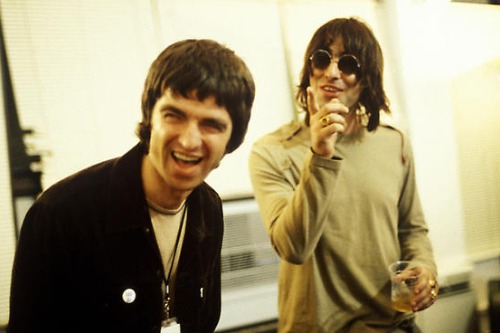
Oasis were rock stars with tabloid drama to match. The Gallagher brothers’ constant feuding made headlines as much as their music did. While (What’s the Story) Morning Glory? was a global hit, their egos grew just as big. They often came off as arrogant, especially in the U.S. where their success was more limited.
Critics were quick to call them Beatles wannabes. The band’s mid-career albums didn’t help their case, as quality dropped and fights escalated. Americans in particular didn’t warm to their brand of Britpop attitude. Even so, Liam and Noel remain endlessly fascinating.
15. Radiohead
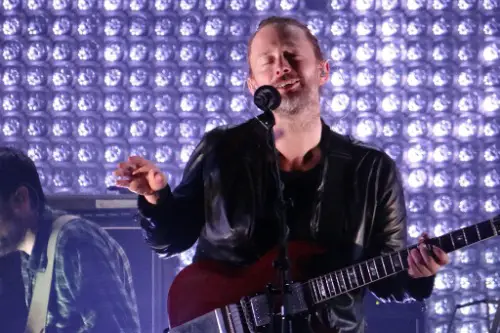
Radiohead is critically beloved, but they’ve never been universally liked. Their shift from guitar-driven alt-rock to experimental electronica confused many fans. Albums like Kid A were called genius by some and pretentious noise by others. Thom Yorke’s moody persona only added to the distance.
They’re not the kind of band you casually listen to — they demand attention and interpretation. That intellectual approach alienates some listeners. Even their fans admit they can be a bit “much.” But no one denies their impact on modern rock.
16. Fall Out Boy
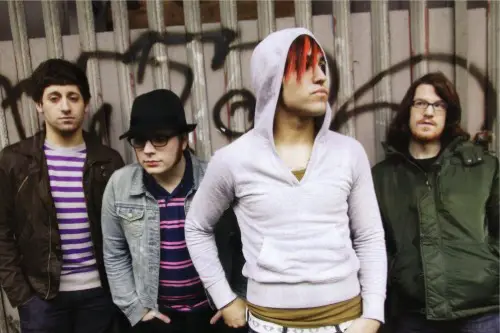
Fall Out Boy started as pop-punk heroes and ended up pop-radio staples. This transition upset longtime fans who missed the emotional, fast-paced sound of their early work. Their lyrics got more abstract, and their sound more polished. Many accused them of chasing fame over substance.
Pete Wentz’s media presence, from reality TV to fashion, made the band feel overexposed. Their hiatus and dramatic comeback added to their mythos — and their criticism. They’re still selling out tours, but not without controversy. They straddle the line between beloved and sellout.
17. Mumford & Sons
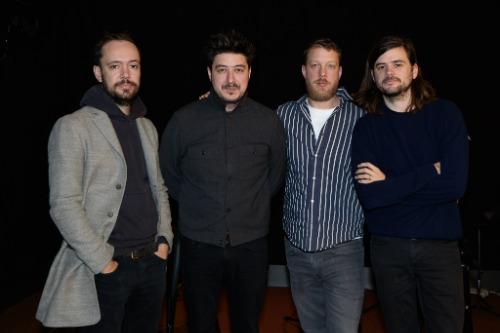
When Mumford & Sons burst onto the scene, banjos suddenly became mainstream again. But that novelty wore off quickly for many. Their rustic aesthetic and foot-stomping choruses were labeled as “fake folk” by critics. The fact that they were British made their Americana styling feel even more contrived.
Their second album was basically more of the same, which didn’t help their case. When they switched to electric instruments later, fans were split. The band seemed to struggle with identity and authenticity. For many, they’re a symbol of trend-driven music.
18. The 1975

The 1975 are known for their genre-blending sound and wordy lyrics — which is exactly why they’re polarizing. Critics either praise them as the future of pop-rock or dismiss them as overindulgent hipsters. Frontman Matty Healy’s Twitter persona and political rants don’t help. He’s been called both brilliant and unbearable.
Their songs jump between styles, often in the same album. For some, that’s thrilling. For others, it’s chaotic and ungrounded. Either way, they’ve sparked intense debate with each release.
19. Weezer
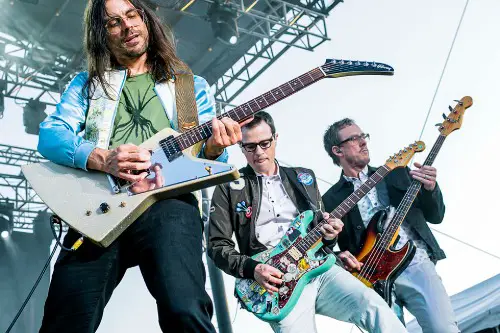
Weezer has one of the most unpredictable discographies in rock. Their early work, especially The Blue Album and Pinkerton, earned cult status. But later albums like Raditude and Pacific Daydream baffled even loyal fans. They’ve been accused of chasing trends and losing their edge.
Despite this, they keep making music — and weird choices — like that surprise Teal Album of all covers. Rivers Cuomo’s quirky persona is part of the band’s charm, and also why people roll their eyes. Their inconsistency is part of their identity now. Love them or hate them, they always do something unexpected.


